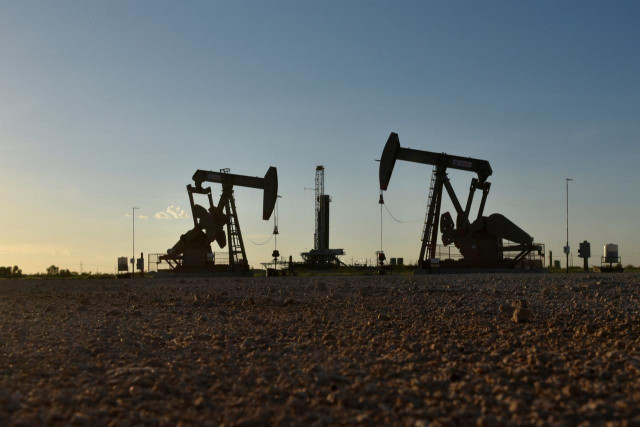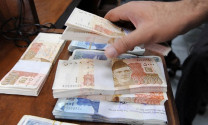Oil gains as vaccine hopes outweigh lockdown impact
Crude contracts jumped 8% on Monday in biggest daily gains in more than five months

Oil prices rose on Tuesday as hopes that a Covid-19 vaccine could be on the horizon outweighed the expected negative impact on fuel demand of new lockdowns to curb the virus.
Brent crude futures rose $0.45, or 1.1%, to $42.85 by 1030 GMT while US West Texas Intermediate (WTI) crude futures gained $0.34, or 0.8%, to $40.63.
Both contracts jumped 8% on Monday, in their biggest daily gains in more than five months, after drugmakers Pfizer and BioNTech said an experimental Covid-19 treatment was more than 90% effective based on initial trial results.
Mass rollouts, however, are likely to be months away and subject to regulatory approvals.
“A viable vaccine is unequivocally game-changing for oil - a market where half of demand comes from moving people and things around,” JP Morgan said in a note.
“But as we have written previously, oil is a spot asset that must first clear current supply and demand imbalances before one-to-two-year out prices can rise.”
Prices were also boosted by comments from Saudi Arabia’s energy minister, who said on Monday the Organisation of the Petroleum Exporting Countries (OPEC) and its allies, together known as OPEC+, could tweak their supply cut pact if demand slumps before the vaccine is available.
OPEC+ agreed to cut supply by 7.7 million barrels per day (bpd) from August through December and then ease the cuts by around 2 million bpd in January. But the negative impact that renewed lockdowns in Europe are having on fuel demand, as well as rising Libyan production, kept prices in check.
Traffic in London, Paris and Madrid fell sharply in November after a peak in October, according to data provided to Reuters by location technology company TomTom, which covered mobility until Sunday evening.
France, the United Kingdom, Spain and Poland were under the strictest lockdowns in Europe, according to the Oxford stringency index that assesses indicators such as school and workplace closures, and travel bans.
Meanwhile, Libyan production has risen above 1 million bpd in recent days from 100,000 bpd in early September.



















COMMENTS
Comments are moderated and generally will be posted if they are on-topic and not abusive.
For more information, please see our Comments FAQ